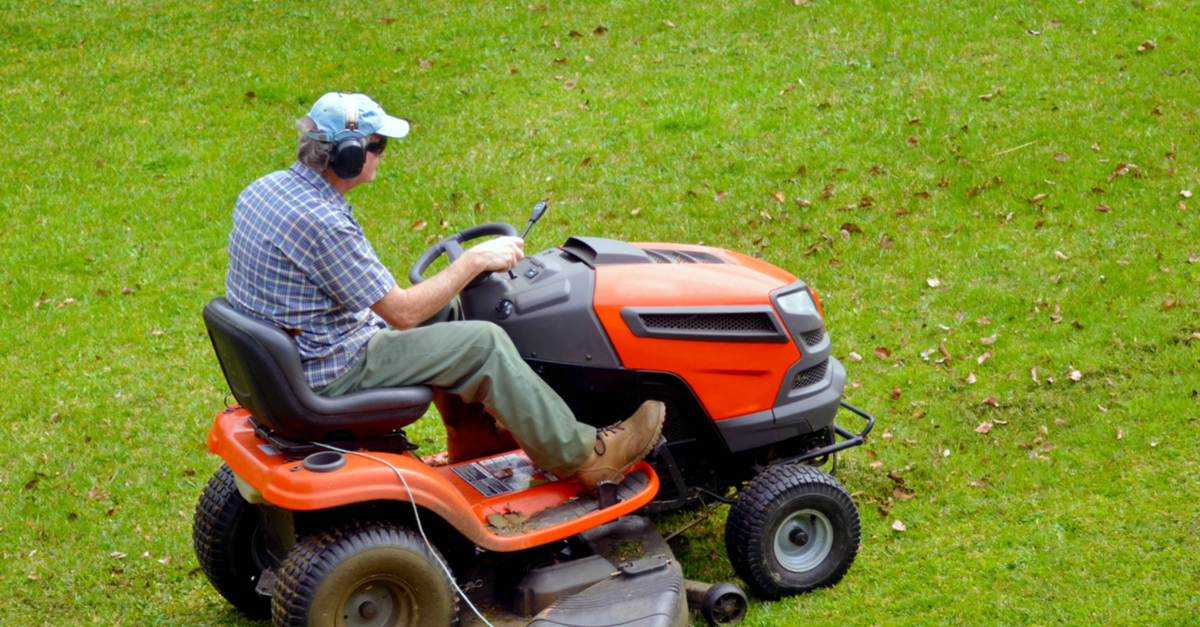How to Care for Your Florida Landscaping in the Heat of Summer
 Spring in Florida is all about the ideal conditions for your lawn to get busy making itself beautiful. Until, along comes summer, with its killer heat. Literally.
Spring in Florida is all about the ideal conditions for your lawn to get busy making itself beautiful. Until, along comes summer, with its killer heat. Literally.Fact: In July 2017, Miami experienced the “hottest month in recorded history”.
So, if Florida heat kills people, imagine the impact it has on your flourishing landscaping. Let’s explore correct ways to care for your Florida landscaping in the heat of summer.
Frequent Watering or Irrigation
Overwatering your lawn can be as problematic as underwatering it. The sandy soil in Florida requires about 2 – 2.5 inches weekly. During the hottest part of summer, water/irrigate 2-3 times each week.
Water during the morning hours. The hotter the sun, the more water evaporates. During the evening hours, water remains on the blades too long, potentially leading to fungal disease.
Landscaper’s Tip:
-
- 1. If you can see your footprints after walking in the grass, your lawn needs more water. You may not be aware that the type of grass you plant determines its overall care.
-
- 2. Installation of a rain sensor to your automated sprinkler system will regulate the amount of water to your landscape by turning off the system while its raining.
St. Augustine Grass is the most popular among Florida homeowners. With its bluish-greenish color, it enhances your home’s curb appeal. Good news is St. Augustine is hardy enough to tolerate drought. However, it is vulnerable against chinch bugs.
Bahiagrass is the second most popular grass among Florida homeowners. It is low maintenance and able to survive on minimal water, due to deep roots. Bahiagrass is saying “water me”, if it turns blue-gray, wilts or blades start folding up, Watering too much promotes weeds.
Floratam, aka a cultivar, which was scientifically developed, looks remarkably like St. Augustine. It repels pests better than St. Augustine, although, of late, it is being attacked by chinch bugs. Its thick blades are blue-green. Once your lush Floratam grass gets growing, it wants about 1″ of water weekly.
Comply with Watering Restrictions
To Aerate or Not?
Aeration is a process where holes are penetrated in the soil and sections are extracted, which removes lawn thatch, accumulated grass, etc. This allows water, nutrients and oxygen to reach the grass roots. This procedure stimulates your overall landscaping in Florida heat, sustains nutrients and assists adequate drainage. It also triggers starving roots to grow and fosters a robust lawn.
Your lawn may need core aeration if:
- Lawn feels spongy when you walk across it. (this indicates excess thatch has accumulated)
- Lawn appears excessively dry. After fertilization, grass assumes a blueish tint as it doesn’t contain adequate moisture to integrate fertilizer appropriately.
- Soil underneath your grass gets compacted from foot traffic when kids and pets play and run on the lawn frequently.
In Florida, warm season grasses, such as Floratam, St. Augustine, etc. are used. Best time to aerate is early in the summer.
Advice from Professional Landscapers: If you’re not a lawn care expert, your best alternative is to engage a professional technician to take care of aeration. He will obtain a core sample from your yard that shows the thatch layer. If you can see that the thatch layer is thicker than 1/2″, it’s time to aerate. Also, if your lawn has not been aerated for a couple of years, ask your landscaping professional for advice.
Garden Services welcomes your business. For all your landscaping needs, call us at: 954-680-8100 or e-mail: info@GardenServices.us.
